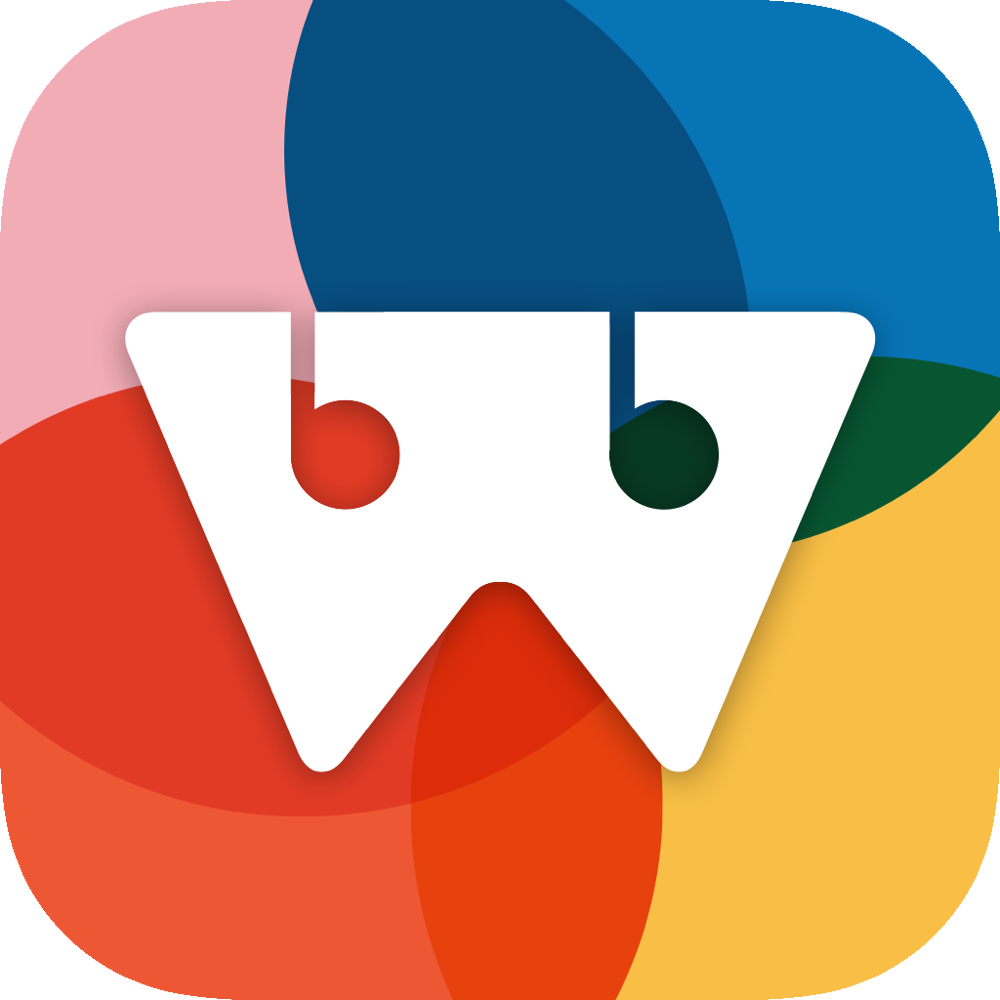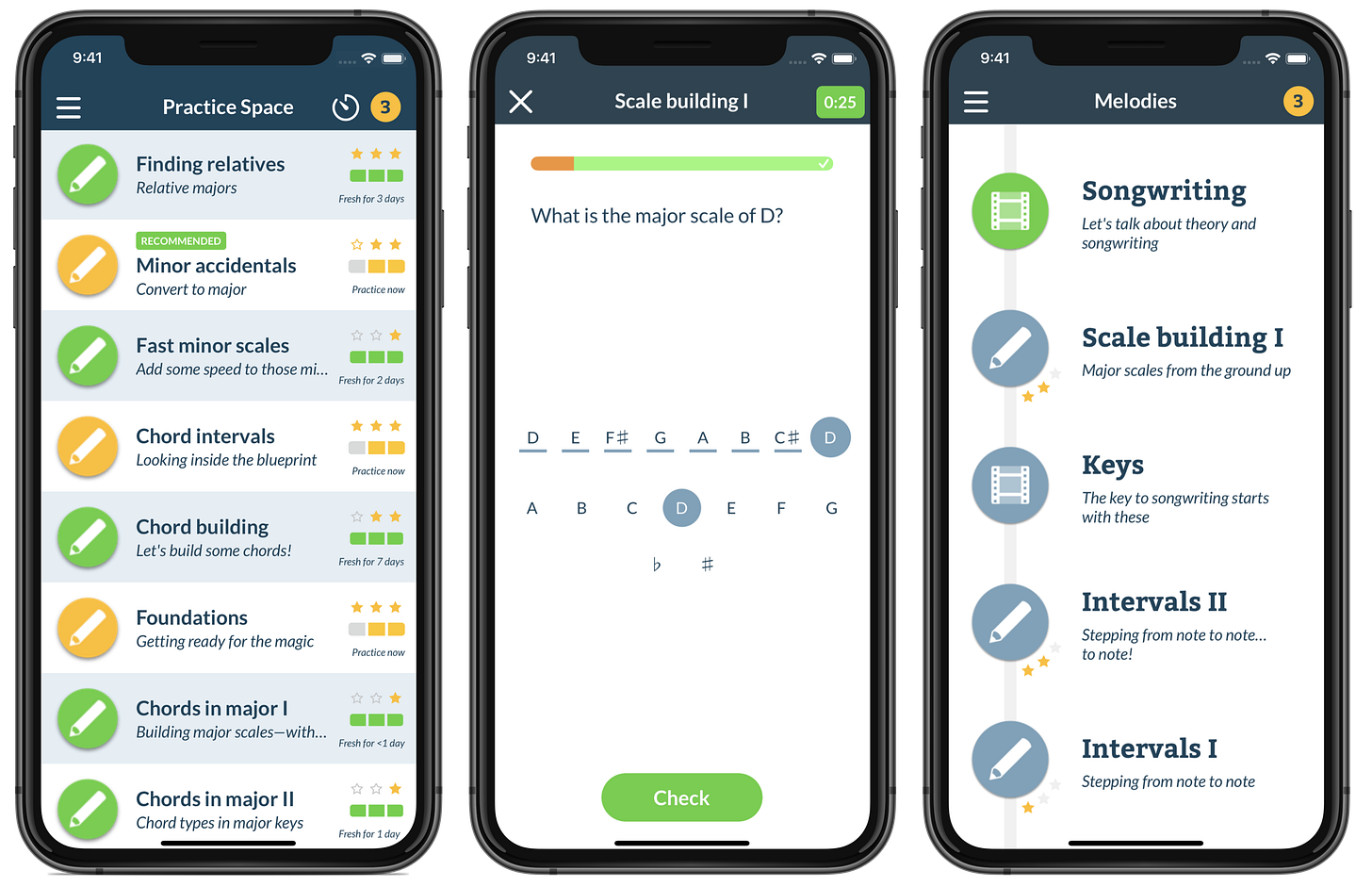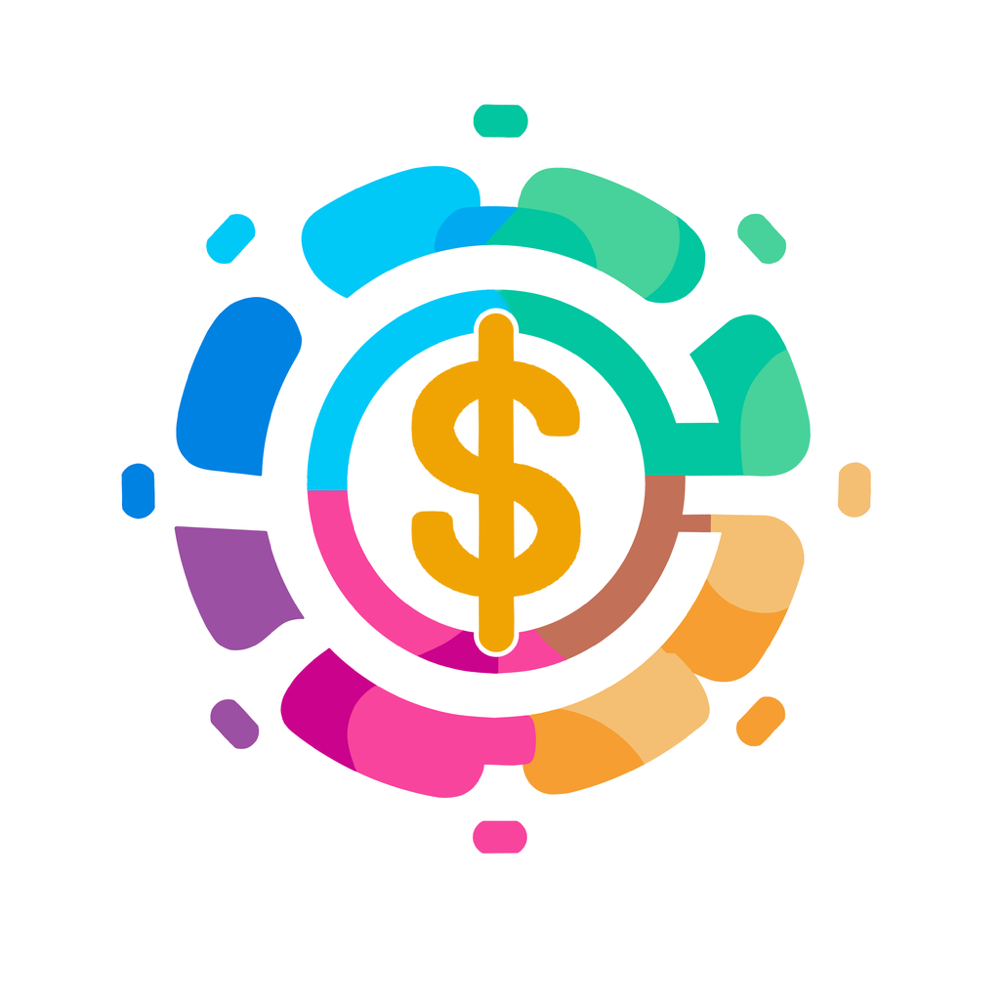Issue #9 - Waay
This week, we're taking a look at Waay, created by Alex Andrews. Waay is an interesting take on learning music theory. It guides you through lessons with a mix of videos and exercises to complete. It's easy to see your progress, and I appreciate the ability to work at your own pace. The design doesn’t detract from the main purpose of the app, which is to learn.
App Spotlight
App Name : Waay
Developer : Alex Andrews - Twitter/X
What is Waay?
is an app that teaches applied music theory stuff you can take straight to your instrument and use. It starts right at the beginning, so it’s perfect for people just getting into music theory. Users learn the material through bite-sized video lessons, practical exercises, and the “Practice Space.” The Practice Space is where we use these deeply effective memory retention techniques to ensure everything the user is learning is actually retained for the long term. Honestly, I love Waay and am so happy to work on it!
Where did the idea for Waay come from?
Before starting Ten Kettles I was a biomedical engineer, a very active musician, and I taught music (in-person) too. I just loved teaching theory in a way that connected with people that elevated them as musicians and got them playing, and writing, music. Music theory is so often taught in this strange, unapproachable, and impractical way as though the only thing that matters is some exam someone has to pass and I think that's such a pity. I wanted to do things differently, and show people the real usefulness and excitement of music theory when it comes to writing music. That's what Waay is all about.
What’s one stand out feature you’d like everyone to know about?
There's this strange thing that happens to us in school. We get into a very weird habit of ramming in a bunch of information, taking a test, and then completely forgetting almost all of it. For most of my life, this just seemed normal. Something we’d all kind of joke about.
But back in 2017, I started learning about memory and retention and it was like this sheet was pulled away from my eyes. It's possible, with relatively minimal effort, to actually remember things we care about. Indefinitely. I started playing around with these principles and then built out my own memory practice, and it's been life-changing. I wanted to integrate the same principles into Waay, so that all these awesome topics users were learning could actually stick. Because what’s the point of learning something if it just evaporates in a month or two?
So last year I added the "Practice Space" to Waay. It's a place in the app where users revisit the exercises they've completed at very specific intervals to keep the topics fresh in their minds ready for the next time they sit down with their instrument. The best part is that the more they solidify their skills in the Practice Space, the less practice they need to do. It's so cool, and it works!
How do you promote Waay?
There are a few things I try to do, but I'd say the core thing for me is just putting out an app I deeply believe in. I think that passion shows itself in the app, catches on with some users, and they tell other people. And it goes from there.
But back to those few things I try to do. I like writing educational articles on the Ten Kettles blog, which often tie back into the apps. These have been syndicated elsewhere too, which is helpful. There's also our newsletter community, and that's been a great way to let people know about Ten Kettles news and hear direct feedback too.
The iOS and indie developer communities are fantastic too, so I connect with them pretty regularly. That’s where I learned about Indie App Spotlight! (Also, big shoutout to Josh Holtz from Indie Dev Monday; I had the fortune of actually meeting him in person at SwiftTO a couple weeks ago.)
I don’t do this as much now, but I did regularly reach out to app review sites and magazines. Sound on Sound, Recording Mag, Dischord, Music App Blog, iOS Mars. That was great, as it also gave me some good feedback on how to improve the apps.
In the past I've done regular posting on social media, but I was always a little lukewarm about it. This year I'm stepping back (both personally and professionally) from social media. I was curious about how that might affect sales, but surprisingly it hasn't made much of a difference!
How did you decide on the pricing?
I think a lot of indies can underprice their apps. Maybe that makes sense if it's a side gig, and the support or upkeep of the app isn't going at full steam. But after trying a few different approaches, it seemed that the freemium approach was a good one for Waay. New users can get a proper taste of the app by downloading it for free and checking out a few lessons or exercises, then they can unlock everything with either a subscription or single payment.
How did you launch Waay?
It's funny, when I was starting out I was so used to seeing these classic app growth curves. You know, they have a big peak early on, and then peter out until they reach some kind of steady state (or near-zero). My curves were very different. Ten Kettles’ apps never made much of a splash when they launched (I'm sure in part due to the release strategy), but they’ve often had nice steady growth over the following months and years. I think that reflects my mindset with the apps (Waay, for sure, but also hearEQ and BeatMirror). As more people use them and share their feedback with me, the more the apps improve and grow. The apps get better, more people find out about them, and on it goes. That said, I do really admire the app makers who can make a proper event out of their first launch. I definitely have lots to learn in that area.
How long did it take to get to the first version?
The first version of Waay was a very different story than the first version of Ten Kettles' previous app, hearEQ. For hearEQ, I had this very clear vision for it right from the outset, and put together the 1.0 version in maybe a week. The app has been developed (and rewritten) much more since then, but that initial launch was fast and exciting.
Waay was different. I met with many different musicians and music teachers before ever writing any code, just to talk through ideas and get feedback. Then I designed… and redesigned… and redesigned the app till it felt right. The content itself the lesson curriculum and the exercises is the heart of the app, so that took time too. And then recording all the lessons and making the videos!
Of course, then there was coding the app. This was back in 2014/2015 much earlier in my app development career so there was a lot to learn. I also wanted to launch the app with most of the features I had in mind (syncing, accounts, progress-tracking tools, etc.) rather than add them in later, so it was a big undertaking.
Finally, once the app was mostly together, it was time for one of the most important steps. Beta testing. I find that I’m always a little doubtful that Beta testing will be “worth it,” but it almost always is. This time was no different. I worked with some really thoughtful volunteer testers to sort out kinks in the apps, tweak the content, and just field test the thing in general. After a few iterations with the group, it was time to submit.
Back to your question: it took about a year!
Is there anything you’ve learnt that stands out?
Maybe the biggest thing is that, at least in my case, the common term "indie developer" puts too much emphasis on the wrong thing. Yes, I do like coding, and there is a real thrill of bringing an app idea into the real world, but there’s just so much more to it.
Put another way, if I just listened to my "coder self" all the time, I'd probably spend way too much of my time writing and rewriting automated tests, refactoring code, optimizing things that don't need to be optimized, fretting over whether my code uses the absolute newest version of different APIs/Swift/etc., and so on.
Though I do certainly care about that stuff, it’s not what makes this kind of app successful. The app needs to be useful. To real people. Waay users don't care about the test coverage, or whether some of those view controllers I wrote in 2015 are absolute monsters (albeit friendly monsters), as long as it works well and they learn something valuable.
So, a big lesson for me was putting on my "app creator" hat more, and thinking of my "coder self" as someone I take feedback from and assign tasks to. By thinking "big picture" on a regular basis, it helps Ten Kettles be a company that prioritizes teaching music, first and foremost. I like that.
Any tools or apps you would recommend others check out?
The longer I do this, the more plain and reliable my toolset has become. I use Xcode, Sketch, Sublime Text, and Excel and would feel rather lost without TextExpander, KeyboardMaestro, or BetterSnapTool (plus Little Snitch). Not very exciting, but I like keeping my toolset simple, so that I'm not too distracted away from the core elements of the company. In terms of phone apps, it's really just Signal, Overcast, Garmin Connect, Music, and Carrot Weather.
Where can everyone go to find out more?
Ten Kettles' three big apps are all on the App Store: Waay, hearEQ, and BeatMirror. And then the website has lots of educational content (and some neat web tools) that I'm quite proud of. For example, Ten Most Powerful Chords, Nature of a Note and an Audio Primer.
As I mentioned, I've pulled away from social media a bit this year. But I love chatting with other developers and always happy to trade emails or setup a video chat with people who are starting out, or just want to talk about indie life, music theory, or whatever. You can reach me here.
App Radar
New Apps
Cashflow by Theo Sementa - Twitter/X
Manage your finances with our expense tracking app! View your transactions, set budgets, and save for the future.
Take control of your finances with CashFlow, the ultimate financial management tool designed exclusively for iPhone and iPad.Key Features
Transactions: Track and manage all your transactions in real-time.
Personalized Savings Plans: Achieve your financial goals with tailor-made plans.
SharePal by Thomas Durand - Mastodon, Twitter/X
SharePal in a nutshell: - Store all the info you might share (IBAN, urls, messages templates) - Use them in a blink with the iMessage app, or in any app with the custom keyboard - Lovely intuitive, and built with privacy in mind
Updates
Personal Best by Shaun - Mastodon, Twitter/X
This version includes a major update to the stats screen (the place you go when drilling down into insights). It's been completely rewritten from the ground up so you can easily switch between previous weeks, months and years, and effortlessly compare yourself to previous periods. It's never been easier to track your progress.
Thanks for reading, I hope you enjoying reading as much I do putting it together. Please help support the newsletter by sharing it. The social links are below.
If you have an app, tool or service that would like to be included then please submit it here.
IndieAppSpotlight - Mastodon, Twitter/X
by Craig Osborne - Mastodon, Twitter/X





